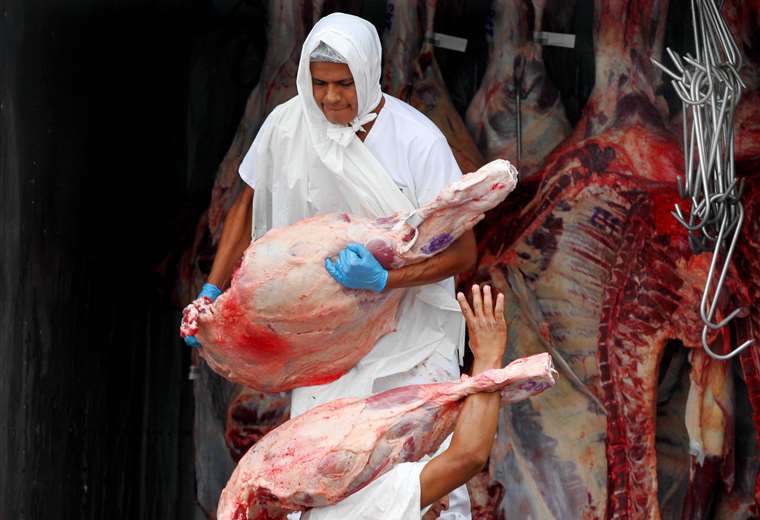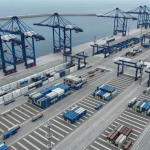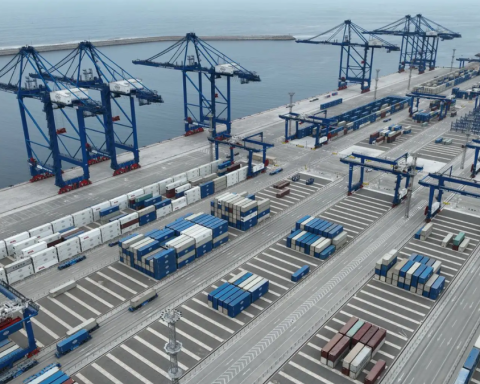November 18, 2024, 18:02 PM
November 18, 2024, 18:02 PM
The Federation of Livestock Farmers of Santa Cruz (Fegasacruz) ruled out that meat exports reduce the supply for domestic consumption, because these are surpluses that far exceed national demand. According to the entity, this year the supply of this protein destined for slaughterhouses nationwide grew by 13% compared to the average of the last two years.
Walter Ruiz, president of Fegasacruz, clarified that the livestock sector has no control over prices in the market, rejecting statements that suggest otherwise and that, according to him, They only seek to confuse public opinion.
“There is a productive chain in which various companies and people participate. Prices are determined by free supply and demand,” Ruiz explained.
The National Confederation of Meat Workers of Bolivia (Contracabol), which called for an indefinite strike for all merchants of this food, demanded that the Government suspend the export of meat, considering that it reduces supply in the domestic market.
However, the ranchers explained that, since the start of exports in 2020, this activity increased significantly without impacting internal prices. Currently, the country exports between 50,000 and 70,000 tons of surplus meatwhich does not compromise availability for the national market.
Furthermore, the union highlighted that investment in genetics and the expansion of the national bovine herd, which grows at a rate of 3% annually, have made it possible to sustain this surplus for export without affecting local supply.
Livestock activity, according to Fegasacruz, is a fundamental pillar of the rural and national economy, generating thousands of direct jobs and benefiting various sectors, from meat processing plants to small businesses and restaurants.
As a whole, exports of meat, milk, leather and its derivatives They generate foreign exchange of around 191 million dollars, contributing to the economic growth of the country.
Ruiz concluded by pointing out that this constant effort by the livestock sector ensures that high-quality red protein reaches the tables of Bolivians, underscoring the union’s commitment to food security and the economic development of the country.
















